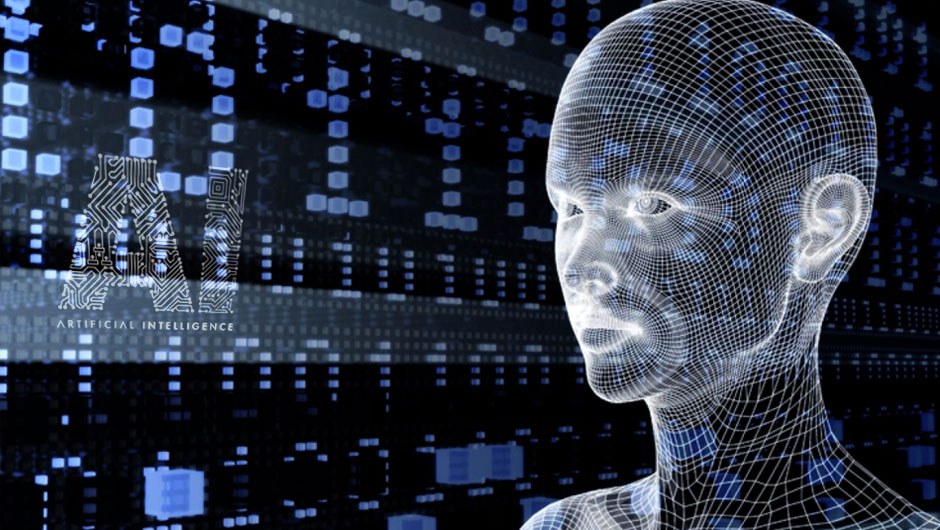Source – tech.co
Artificial intelligence has been a mainstream science-fiction dream ever since the release of “2001: A Space Odyssey.” In 2017, the tech industry has proven that this technology isn’t a fantasy, but a concept that is driving modern innovation. Today, there are four revolutionary changes being made possible by modern AI algorithms.
Natural Language Chatbots
According to research compiled by VentureBeat, most people expect businesses to be available 24 hours a day, 7 days a week. Industries from airlines to pizzerias have begun to offer live agents through online chat, but AI is about to change everything.
Leading the way is a company called Datalog. This up and coming startup has developed a chatbot that can respond to people using natural language, as well as direct users through a specific process. Whether you’re booking your flight or ordering some dinner, your next customer service interaction could be with a robot. And you might not even know it.
Digital Doctors
Medical school is one of the longest and most challenging educational paths in the nation. For good reason, too. Doctors need to be familiar with an almost incomprehensible amount of data. No matter how good they are, mistakes can happen. The sad reality is that medical errors are the third leading cause of death.
Galaxy.AI is a venture harnessing AI technology to address this issue. The system will tap into your medical history, analyze it, and recommend certain treatments or diagnoses that may be hard for a human to identify. The software isn’t going to replace doctors but works with them, allowing experienced professionals to give their input and have the software validate the details.
Biometrics
When we think of biometrics, most of us imagine retina scanning security software. With artificial intelligence, this technology can go much deeper. Security software looks for a present trend to identify the user, but true biometrics software analyzes thousands of different data points. Studies have shown that mood can be inferred when there is a correlation between only 5 data points, proving that this technology is feasible.
Startups like Moment, Affectiva, and Nvisio have already laid the foundation for emotion tracking software, and the technology is expected to be first adopted by advertising networks and television providers to measure response to their content.
Apps That Know You
Google has spent years researching ways to turn data into a positive user experience. The information you see changes depending on your browsing history, your location, and a number of other factors. But their deep learning platform is helping them move away from an algorithm towards an artificial intelligence based system that knows you.
